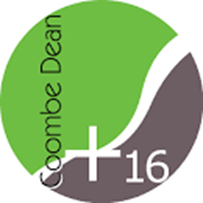Computer Science
Computer Science A Level |
|
Qualifications Exam board: OCR – A Level |
|
Entry Requirements Grade 6 in GCSE Maths (Several topics require higher ability logic and mathematical processes) Grade 6 in GCSE Computer Science (Foundation skills required for subject) |
|
Skills required Computer Science is a two-year course that covers a wide range of topics and skills. Completing GCSE Computer Science will give a good basis of knowledge and ability to build on for this course including foundation skills of programming. Strong mathematical and logical skills are also important, as is an ability to study and make progress independently to meet deadlines, with work completed both in and out of lessons. |
|
Course outline The course consists of several parts. Component 1 focuses on the technical understanding of hardware including the internal workings of the (CPU), data exchange, software development, data types and legal and ethical issues. Component 2 builds on this to include computational thinking and problem-solving, including skills of abstraction, programming and algorithms. Component 3 is a programming project where students are expected to apply the principles of computational thinking to a practical coding programming project independently chosen by the student. They will analyse, design, develop, test, evaluate and document a program written in a suitable programming language. |
|
Career paths A Level Computer Science is a naturally strong subject to take if you wish to continue onto degree level in studying courses such as computer science, software engineering, or information technology/systems. After university, there are numerous fields of study and professions available which computer science can lead into, including robotics, artificial intelligence, machine learning, cloud computing, big data processing, networking, ethical hacking, computer game development, home automation or even teaching. |
|
Course outline/assessment |
|
Component 1: Computer systems (Written paper) - 2 hours 30 mins – 40% Component 2: Algorithms and programming (Written paper) - 2 hours 30 mins – 40% Component 3: Programming project (NEA) - 20% |













